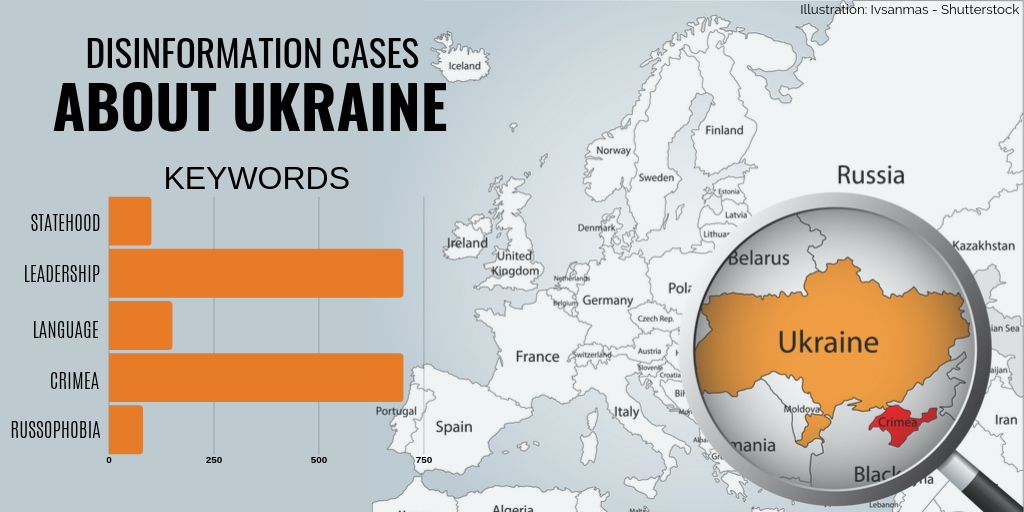The first time I ever came across the term “reflexive control” was when I was reading a 2019 New York Times op-ed written by former FBI special agent and current senior lecturer at the Jackson Institute for Global Affairs at Yale, Asha Rangappa. She described how both President Trump and Attorney General William Barr used reflexive control to conflate the terms “collusion” and “conspiracy,” which allowed Barr to absolve Trump of having committed any crimes during the 2016 Presidential Election.
So when it came to the Mueller Investigation, the word collusion is never used in the report. He was never asked to investigate such a concept because outside of legal areas in the United States like antitrust law, it has very little meaning.
So once collusion was never discovered, because it was never being investigated, to begin with, many of Trump’s opponents ceded to his argument that “collusion is not a crime.”
Many in Washington took the bait and caused Trump to not only come away victorious in front of his supporters and allies (despite Mueller making it clear Trump was not absolved) but also set into motion the idea that as long as Trump’s actions are not illegal, they should be considered okay.
This later became a huge problem when it came to Trump’s first impeachment due to the quid pro quo scandal involving Ukraine.
So what does anything related to “reflexive control” have to do with Russia and its use of hybrid warfare in the 21st century? The answer is absolutely everything as the concept is based on the Soviet term maskirovka, which is when one “conveys to an opponent specifically prepared information to incline him/her to voluntarily make the predetermined decision desired by the initiator of the action.”
Both Soviet and Russian armed forces have studied “reflexive control” at tactical and operational levels, along with curriculums and training programs having been established at Russian military schools.
Methods include spreading false information, such as the Kremlin claiming Russia has not invaded Ukraine and those fighting are simply “volunteers," leaking partial information when the Kremlin thinks its most beneficial with an example being the coordination between Wikileaks and the GRU (Russian military intelligence) and projecting itself as being in a certain position that is different than reality, which Vladimir Putin has done by fluctuating between being the leader of a powerful country, while also being a victim of one international conspiracy after the next.
The Soviets also spent much time projecting themselves as being stronger than they really were, especially under the leadership of Nikita Khrushchev and Leonid Brezhnev.
But since the collapse of the Soviet Union, with the rise of the internet and the rapid development and spread of technology, hybrid warfare and methods such as “reflexive control” have taken on whole new meanings that require deep levels of both understanding and attention.
That is what this new series will attempt to do, because in order to understand what the Kremlin is doing and what exactly Russia wants, it is important for the rest of the world to be willing to go to the realms in which those behind the use of “reflexive control” operate.
- Did the Cold War really end with the collapse of the Soviet Union in 1991?
- Is the mindset of the Kremlin and Russia under Vladimir Putin any different from its Soviet and czar-led predecessors?
- What are some other perspectives of “reflexive control” and hybrid warfare?
- Can any analysis of “reflexive control” be both qualitative and quantitative?
All this and more will also be discussed -- because if the West wants to be serious about preserving the integrity of its democratic institutions, defending Ukraine, and containing the spread of Putin’s agenda for both Russia and the world, these are the questions that need to be answered.
Warfare no longer requires large armies with planes, tanks, missiles, etc., and as the rules of warfare change, so do the depths in which this kind of hybrid warfare occurs. It is our responsibility as global citizens to travel into the lowest of depths to gain the understanding needed to defend ourselves and preserve the current international order so situations like the illegal annexation of Crimea, the invasion of Eastern Ukraine, and the quid pro quo scandal that caused Trump’s first impeachment and put Ukraine in a perilous position never happen again.
Read also:
- A guide to Russian propaganda. Part 5: Reflexive Control
- A guide to Russian propaganda. Part 6: Spetspropaganda, the secret Soviet art of brainwashing
- What Surkov’s hacked emails tell about Russia’s hybrid war against Ukraine
- Leaked Kremlin emails show Minsk protocol designed as path to Ukraine’s capitulation – Euromaidan Press report
- China on the map of information warfare: Russia’s disciple and “big brother”
- Why anti-Western conspiracies have inundated Ukraine





